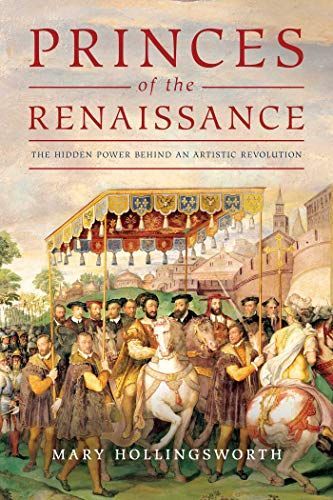
The Princes of the Renaissance The Hidden Powers Behind an Artistic Revolution
A vivid history of the lives and times of the aristocratic elite whose patronage created the art and architecture of the Italian Renaissance. The fifteenth and sixteenth centuries was an era of dramatic political, religious, and cultural change in the Italian peninsula, witnessing major innovations in the visual arts, literature, music, and science. The Princes of the Renaissance charts these developments in a sequence of eleven chapters, each of which is devoted to two or three princely characters with a cast of minor ones—from Federigo da Montefeltro, Duke of Urbino, to Cosimo I de' Medici, Duke of Florence, and from Isabella d'Este of Mantua to Lucrezia Borgia. Many of these princes were related by blood or marriage, creating a web of alliances that held Renaissance society together—but whose tensions could spark feuds that threatened to tear it apart. A vivid depiction of the lives and times of the aristocratic elite whose patronage created the art and architecture of the Renaissance, The Princes of the Renaissance is a narrative that is as rigorous and definitively researched as it is accessible and entertaining. Perhaps most importantly, Mary Hollingsworth sets the aesthetic achievements of these aristocratic patrons in the context of the volatile, ever-shifting politics of an age of change and innovation.